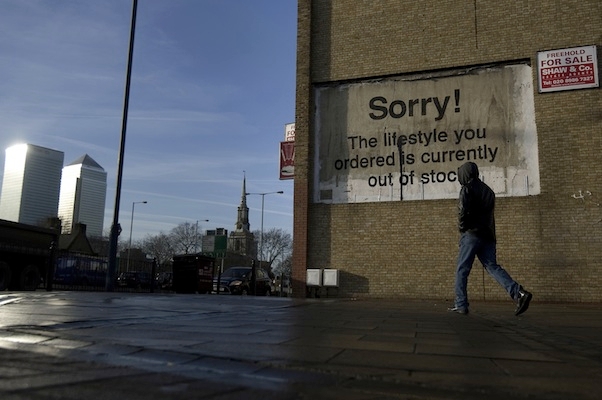Yesterday’s welfare speech from the Prime Minister confirmed that there is still a long way to go in reforming the benefits system. Universal Credit and the Work programme will start the process, but will not be enough to tackle the extent of worklessness and benefit dependency that we have seen develop in the UK over the last 50 years. It was encouraging, though, to hear the Prime Minister acknowledge the need to modernise the welfare system further.
In part, this is a numbers game. As the Chancellor and Steve Hilton have both recently made clear, future Spending Reviews are going to have to take more money out of welfare. Based on yesterday’s speech, expect further cash-saving reforms to the method underlying yearly increases of benefits and more reforms that take away benefit eligibility from those deemed not to need them (in this case the under 25s on housing benefit).
It was also encouraging to see that much of the focus was on policy areas that Policy Exchange believes will sharpen up the welfare system. Some of these are obvious. For instance, requiring all jobseekers claiming benefit to have an up-to-date CV is a straightforward way of making sure that people are ready to apply for jobs. It was also good to see a hat-tip to the need for a strengthened contributory principle. Our proposals on tailoring conditionality requirements for those who have and those who have not contributed through income tax and National Insurance would ensure that those who put in to the system, but fall on hard times, are recognised.
What was less encouraging is that this is still very much a one-sided argument and, if the Government is serious about reforming welfare, it needs to focus on support as well as the ‘stick’ approach. For instance, support from Jobcentre Plus and the way the Government uses private and third sector experts through the Work Programme needs to become much better targeted and personalised; and more work needs to be done to ensure that in-work claimants are supported to progress in work and move further towards self-sufficiency.
These are huge challenges. While the opinion polls show the case is won on being tough on conditionality and sensible reforms are underway, the Government has far fewer ideas on how it can effectively help claimants to progress in work once they find it. Given the Government’s desire to increase social mobility, boost life chances and ease pressure on living standards, this will be the next big challenge.
Matthew Oakley is the head of economics & social policy at Policy Exchange
Matthew Oakley
A long way to go on welfare






Comments